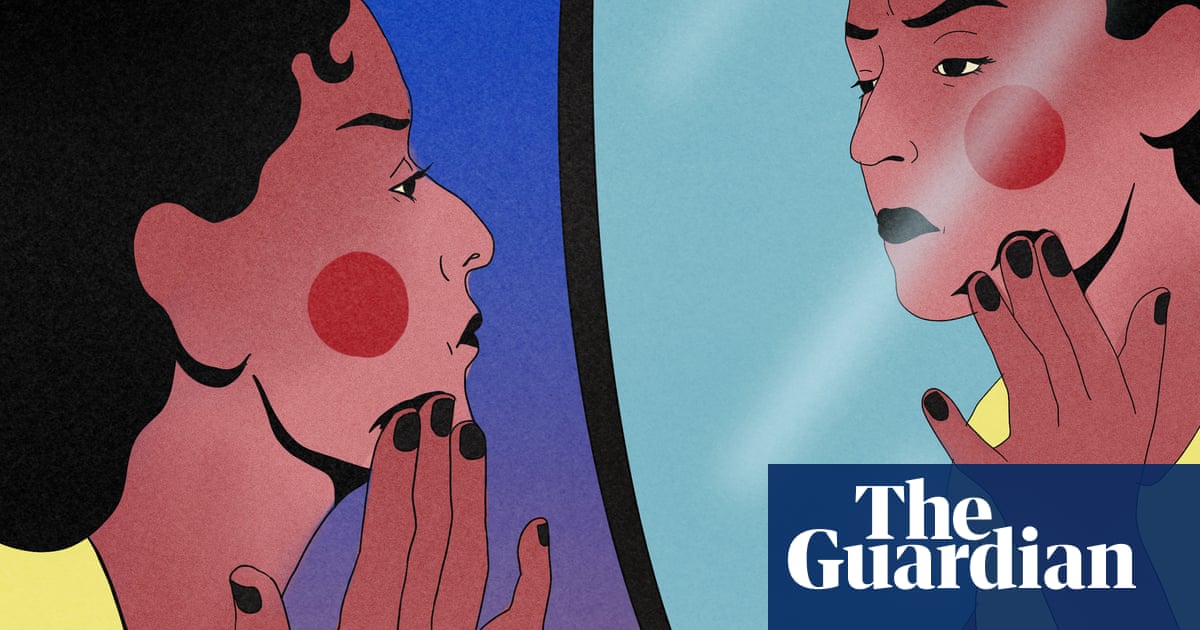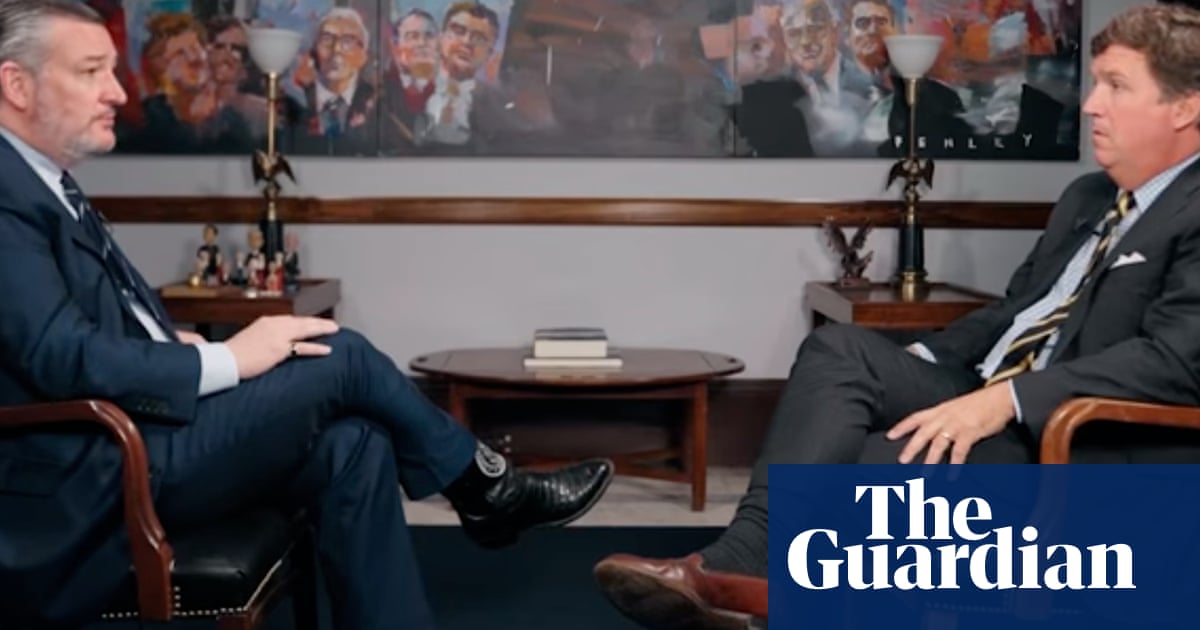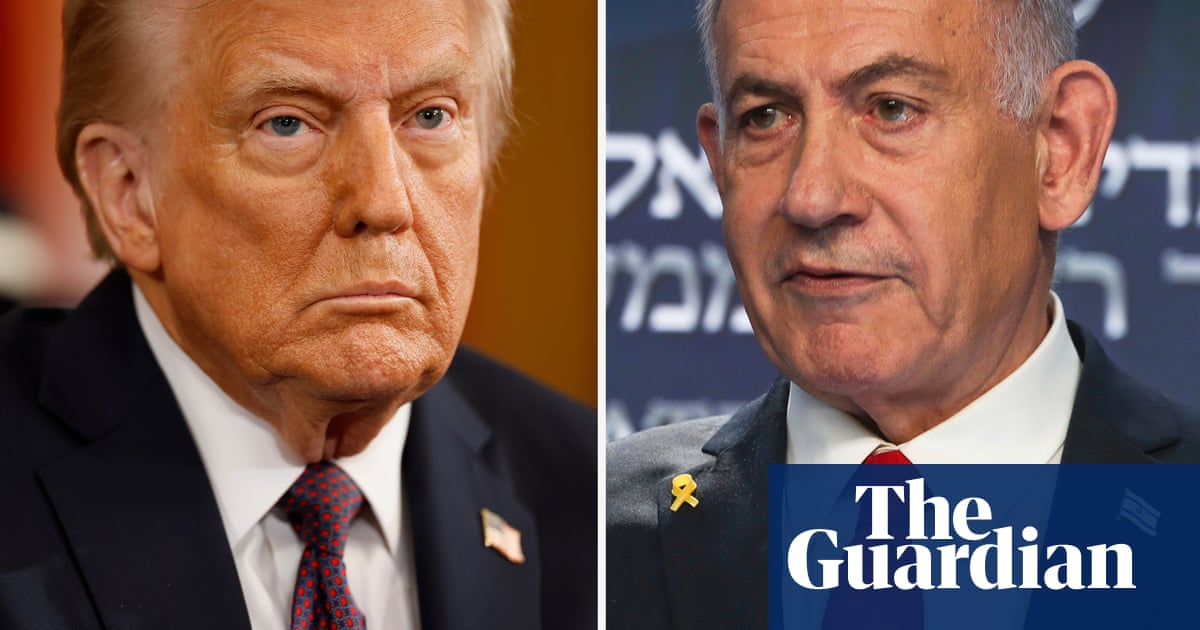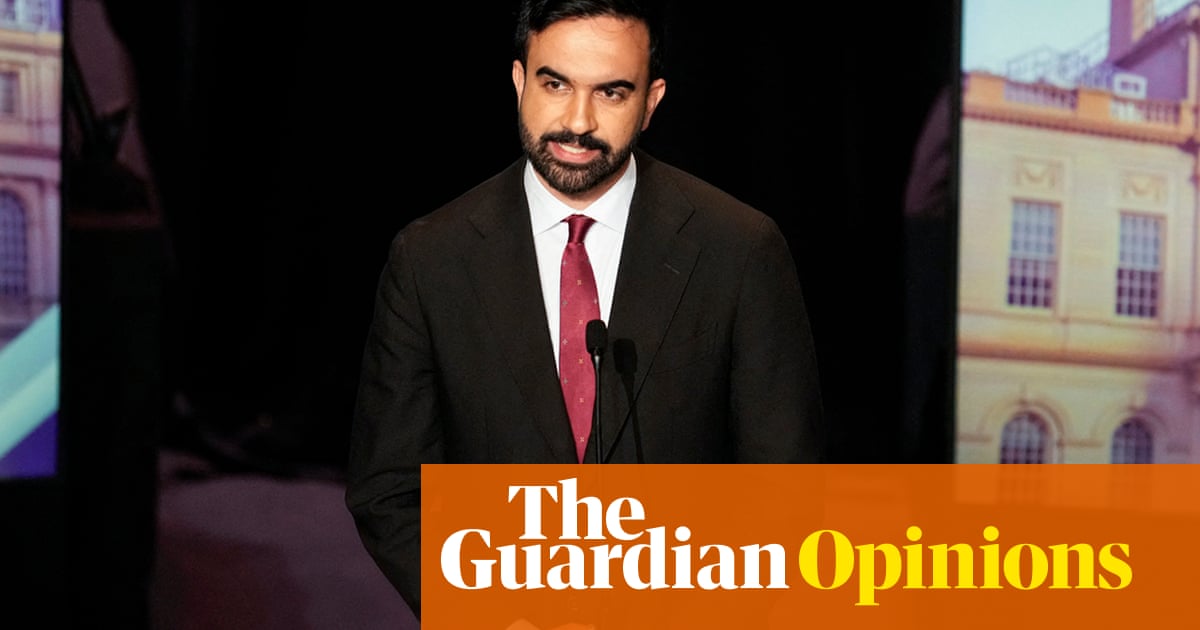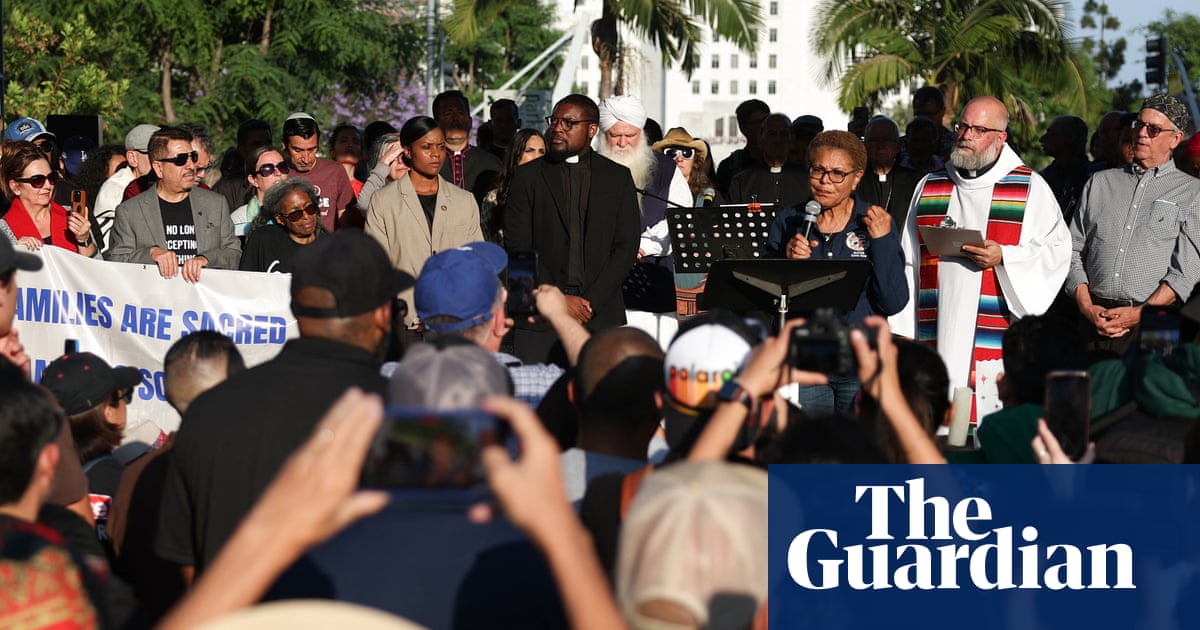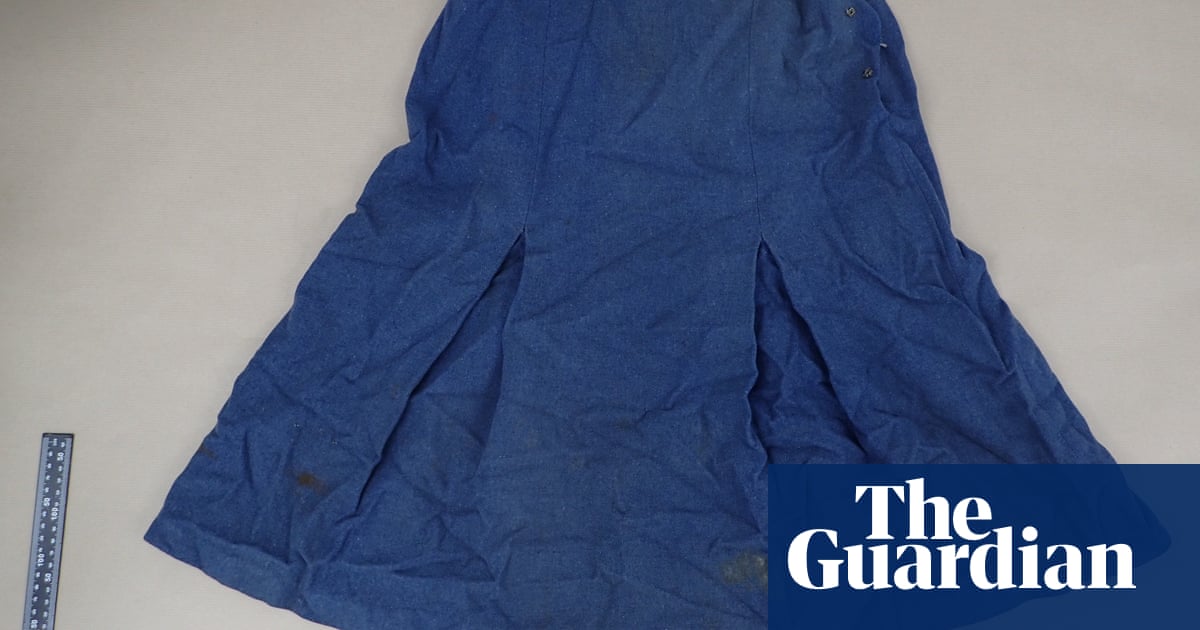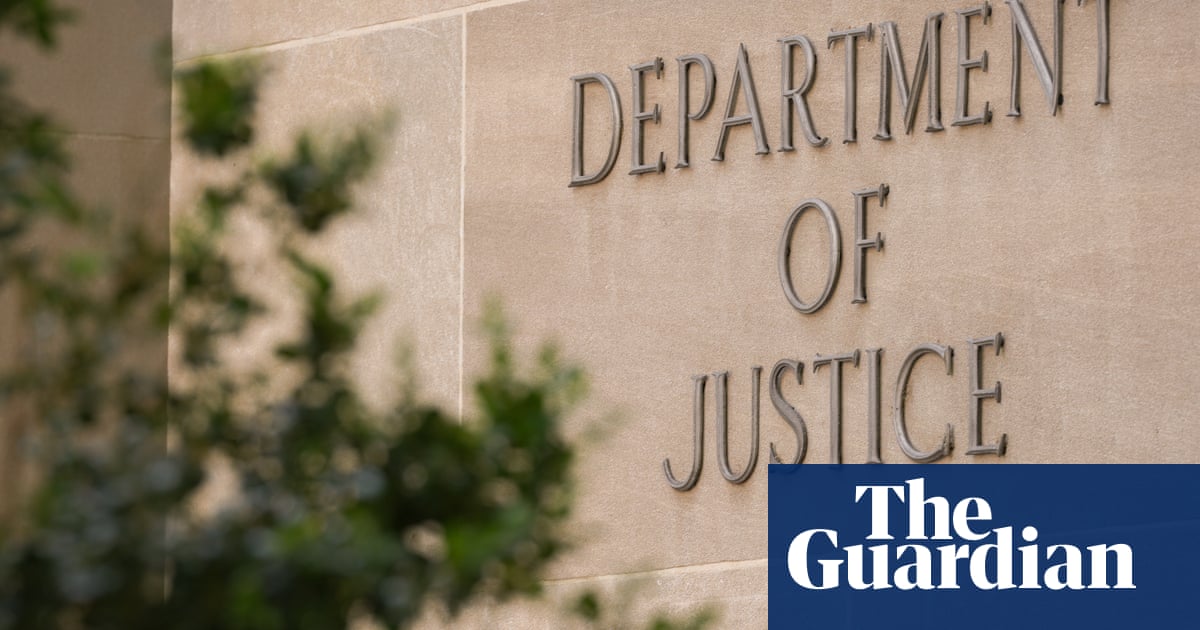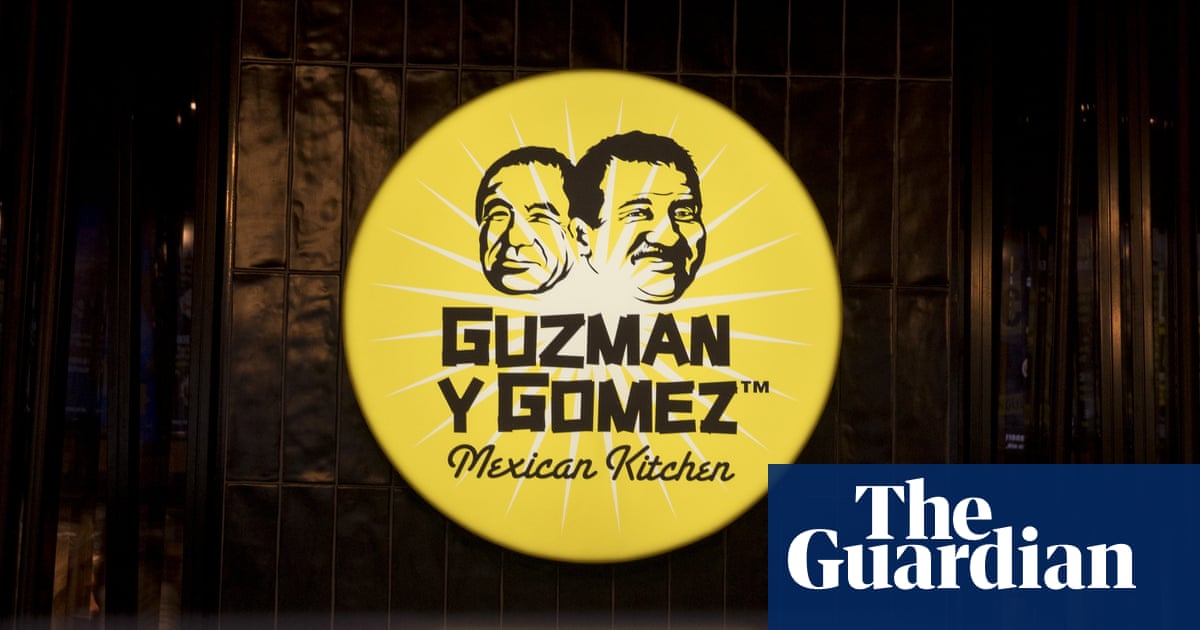No one should be surprised that the health system in South Africa is straining in the aftermath of Donald Trump’s cruel gutting of HIV funding. What is shocking is the political will to pretend otherwise.
As public health workers, researchers, academics, people living with HIV and civil society organisations, we reject the narrative put forward by the government that things are “under control”. Testing has dropped. Frontline workers are being dismissed. Clinics that served our most marginalised communities have closed or are struggling to keep their doors open. And those most affected, such as transgender people, sex workers and drug users, have not been meaningfully included in any transition planning. The National Treasury and the Department of Health are at odds with each other. Officials within the health department are at odds with each other.
Aaron Motsoaledi, South Africa’s minister of health, is in denial, refusing to confront the uncomfortable truth that South Africa is facing the aftermath of the US funding withdrawal and the failure of its own government to plan adequately and act when the writing was on the wall. And that writing has been there for months.
Last month, he told parliament that those “propagating wrong information about the status of the HIV/Aids campaign in South Africa, in the manner that is being done, is no different from the approach adopted by AfriForum and its ilk, which led Trump to thrash the whole country”.
While the minister may try to blur the lines between critique and sabotage, we will continue to meet his narrative with data, lived experience and facts. What we won’t do is sit quietly while being shamefully compared to AfriForum, a group whose entire existence is rooted in protecting apartheid’s afterlife.
And it’s not just the minister. The president and the so-called government of national unity have, through inaction and silence, allowed this moment to deepen into crisis. Nor has parliament exercised adequate oversight.
The idea that we can fix things through optimism and press briefings rather than coordination, resourcing and urgent national mobilisation is as dangerous as it is disingenuous.
For many of us, this moment drags us back to the darkest days of the Aids-denialism era, when the ANC’s administration under Thabo Mbeki refused science, silenced dissent and abandoned hundreds of thousands of people, leaving them to die while insisting that things were “under control”.
We remember being called enemies. We remember the state gaslighting grieving families. We remember the press conferences filled with half-truths and the rejection of life-saving treatment while garlic and beetroot were hailed as solutions. And we remember that it was civil society, not the state, that finally broke that deadly silence.
To now see activists and researchers once again dismissed, vilified and compared to racist rightwing agitators for daring to question the state’s readiness and priorities is retraumatising. And it is an indication that perhaps denialism in South Africa never truly died. It simply evolved.
Advocacy is not the enemy; denial is. Dissent is not the problem; deflection is.
after newsletter promotion
Which is why the president must act urgently. It is not enough to acknowledge the loss of funding from the US president’s emergency plan for Aids relief (Pepfar); he must also convene a national task team on health, one that includes all of civil society, the communities most affected, researchers and frontline workers.
If he continues to delay, then he must also admit that the collapse of essential services for HIV and beyond is not an accident but a political choice. We have seen what political silence did during the early years of the HIV epidemic. We are seeing it again now. And parliament must refuse to enable it.
This is not just a funding crisis. It is a governance and leadership crisis. And if we are to preserve even a fragment of what the HIV movement has built, the time for measured concern is over. What we need now is urgency, truth, and power that listens.
Because the real collapse is not in our health system. It is in the political courage to face the truth about it.
-
Yvette Raphael is executive director of Advocates for the Prevention of HIV and Aids (APHA). Sibongile Tshabalala is national chairperson of the Treatment Action Campaign (TAC). Both are openly living with HIV

 7 hours ago
3
7 hours ago
3



